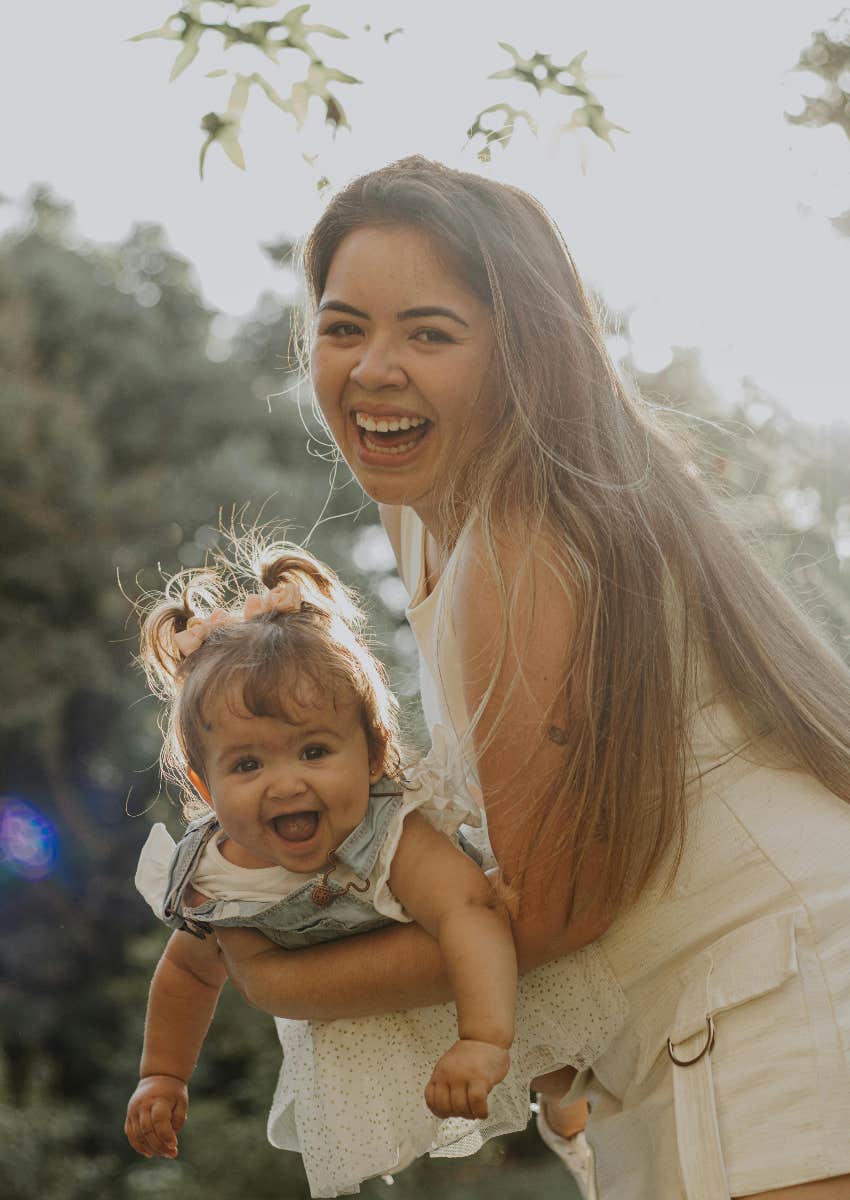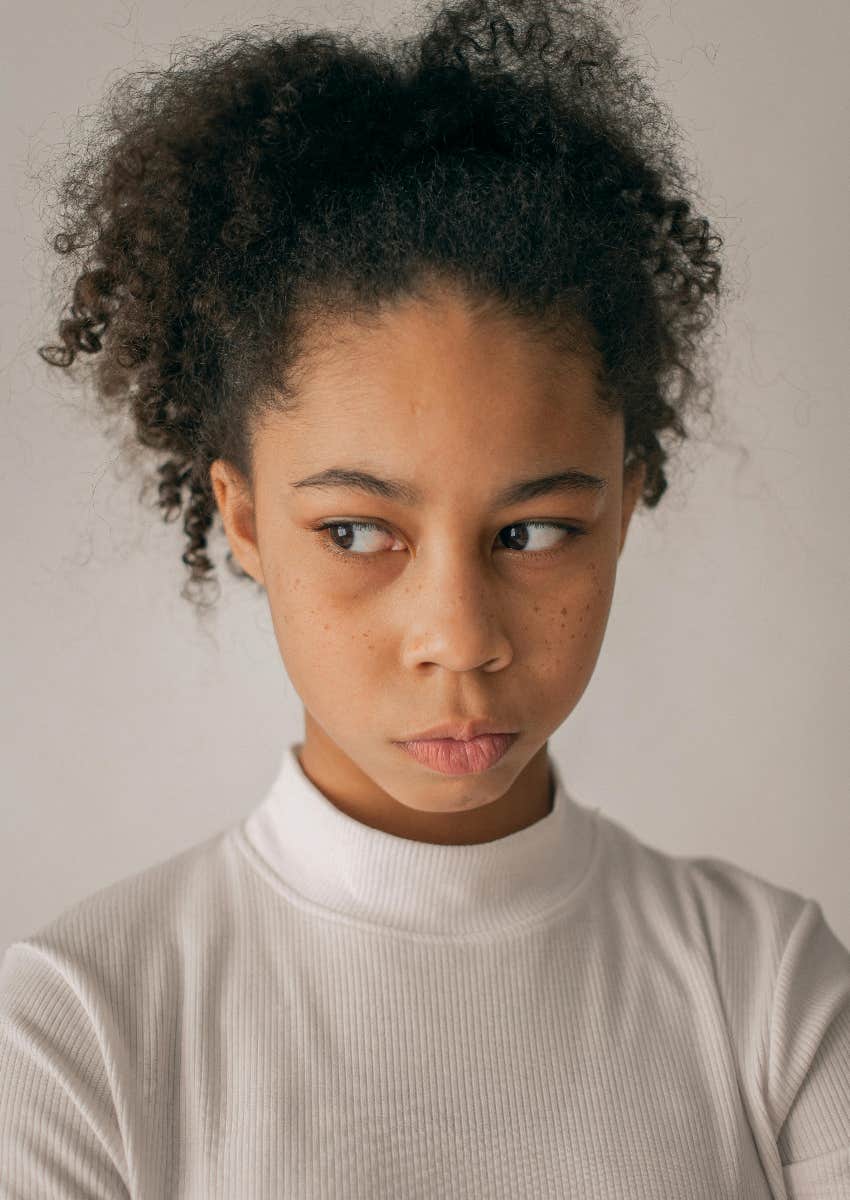This Family Member Is Just As Important As Mom When Raising Daughters, According To A Parenting Expert
No one can replace a mom, but this family member can form a special, supportive bond with girls.
 Inna photographer | Shutterstock
Inna photographer | Shutterstock Raising children is no easy feat, and raising daughters comes with its own set of specific challenges. Because they’re girls, they naturally lean very much on their moms as they’re growing up, and even after. But, of course, moms can’t do all the heavy lifting on their own.
Girls face a myriad of challenges that are unique to the world we live in today, and they need someone there for them who isn’t a parent that they worry might judge or punish them. That’s where one very special family member comes in.
A parenting expert said that aunts are just as important as moms when raising daughters.
Steve Biddulph was a psychologist for 30 years and is considered one of Australia’s leading voices on parenting. He is the author of multiple books, including “Raising Girls” and “10 Things Girls Need Most.” Recently, Biddulph sat down for an interview with Maggie Dent on her “Parental As Anything” podcast to discuss the challenges of raising daughters in this day and age.
 juliane Monari | Pexels
juliane Monari | Pexels
During their conversation, Biddulph revealed an important piece of information. While moms are obviously a vital part of their daughters’ lives, aunts also play a very important role when raising girls. “We now know, the research is very clear, aunties are a pillar of mental health for girls,” he explained. “It doesn’t have to be a blood relation. It’s just some people, around about your mum’s age, bit younger, bit older, who love you too. Because they’re easier to talk to sometimes.”
We all know the feeling of being worried about telling our mom something because we don’t know how she’ll take it. Aunts can be an important mediator in this way. They provide motherly advice, but they don’t punish you, and they can create safe spaces that are judgment-free zones.
Without the support that comes from aunts, girls will turn to friends for support, which isn’t always a good thing.
Biddulph continued, “If we don’t provide this, then what happens is girls will default to the peer group, and I think this is why social media gets a bit out of control, because the peer group is very ill-equipped for being supportive. And when adolescent girls discuss with their peers their problems, they actually all get upset. So, we just need a bit of a circuit breaker.”
This doesn’t mean those peers are bad friends or intentionally unsupportive. They’re just really not prepared to take on their friends’ problems in that way. They’re in the same age group, dealing with the same kind of issues, so they don’t have what it takes to provide their friends with sage advice or wisdom learned over the years.
In an article Dent wrote, she also noted how an aunt can feel like she’s on your side simply because she’s there for you. “Unlike a mother’s unconditional love (which, let’s face it, can sometimes feel a bit conditional!), unconditional positive regard means you don’t have to approve of or like what a young woman is telling you or has done, but rather you simply listen respectfully,” she said.
Girls are going through a lot, and they need people they can count on.
According to UCLA Health, the depression rate for teen girls is at its highest level in a decade. Donna Jackson Nakazawa, author of “Girls on the Brink,” told UCLA Health, “I’ve talked to thousands of girls around the country, and they tell me that they feel like their lives today are one endless performance. They are performing to be liked and followed online, they are performing at school, and they are exhausted.”
 Monstera Production | Pexels
Monstera Production | Pexels
Girls need someone they can turn to for help and support, where this performative aspect is not required. While parents can always provide a safe place for their children, and moms can be a special support system for their daughters, having a reliable aunt who is non-judgmental and loving can make a real difference for girls who are struggling.
Mary-Faith Martinez is a writer with a bachelor’s degree in English and Journalism who covers news, psychology, lifestyle, and human interest topics.

